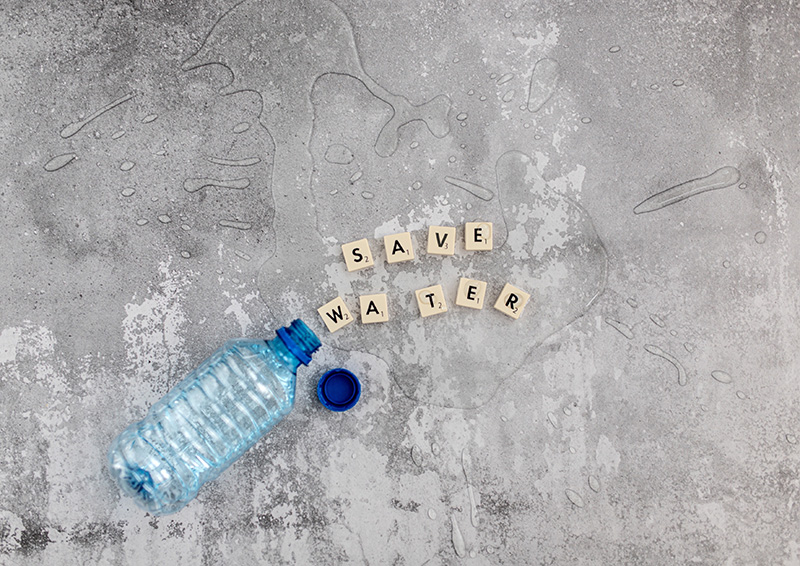With the recent announcement that Ofgem, the UK energy regulator, will increase the energy price cap by £693 in April, a rise of 54%, never has the need to help domestic customers to reduce their energy consumption been so critical.
Around 18 million UK households on standard tariffs will see an average increase in their energy bills from £1,277 to £1,971 per year. Around 4.5 million prepayment customers will see an average increase of £708 – from £1,309 to £2,0171. With warnings that energy prices are predicted to rise again in October, it’s a worrying time for many customers whose finances are already squeezed to their limit.
The number of households suffering from “fuel stress” – those spending at least 10% of their family budgets on energy bills – is set to treble to 6.3m overnight when the new energy price cap comes in on 1 April2. According to a leading research group, Resolution Foundation, 9% of English households are currently experiencing fuel stress. That figure is expected to leap to 27% when the energy price cap rises to about £2,000 a year in April. That’s an increase of more than 50%.
In the USA, fuel costs have risen to multi-year highs. Consumers continue to face the biggest jump in their energy bills in more than a decade, with the price of electricity in November 2021 rising 6.5% from the same month a year ago.3
Save water – save energy
Whilst most domestic households might only heat their homes during the winter months, they use energy all year round to heat their hot water. That means saving water must take on a far more significant meaning as it will serve to reduce energy bills.
With ambitious targets to hit net zero, energy suppliers have ramped up their customer communications and engagement to encourage customers to reduce their energy consumption. Now it’s time to include messages relating to reducing water consumption – to help customers to reduce their energy bills in light of the rising cost of energy.
That’s where we come in. Advizzo can assist water and energy suppliers to help their customers reduce their energy bills by reducing both their water and energy consumption. Our data science and behavioral science based customer engagement programs are based on the behavioral science based nudge theory. Discover how a nudge can help your customers save energy and water.
For a sector like utilities, where small changes in customer behavior can lead to significant changes in consumption, nudging customers by using behavioral science based customer engagement strategies are becoming increasingly popular.
Let us help you get the message directly to customers through personal tips and advice communicated consistently via touchpoints of their choice.
Tips can include:
- Take a shower, not a bath – If everybody in a family of four replaces one bath a week with a five-minute shower, up to £10 a year could be saved on gas bills and up to £10 on water bills (if you have a water meter).
- Fit an eco shower head to your power shower – Replacing your shower head with water efficient one could save a four-person household as much as £38 a year on gas for water heating, as well as a further £53 a year on water bills if they have a water meter*. That’s a total annual saving of around £91.
- Don’t wash up under a running tap – Rather than doing your washing up under a running tap, put everything in the dishwasher. It saves a lot of water without damaging your pans.
- Use a shower timer so you know how long you’re spending in there – Spending one minute less in the shower each day will save up to £8 a year off your energy bills, per person. With a water meter this could save a further £11 off annual water and sewerage bills.
- Turn the tap off – A running tap wastes more than five litres of water a minute, so turn off the tap while brushing your teeth, shaving, or washing your face. Use cold water if you don’t need hot.
- Fix dripping taps – A dripping tap can waste more than 5,300 litres of water a year, so make sure your taps are properly turned off and change washers promptly when taps start to drip.
- Make sure dishwasher and washing machines are full – Make sure that dishwashers and washing machines are full before you use them, and ensure you always use the most efficient water and energy settings. Wash at 30 degrees or use the ECO setting if your machine has one.
- Insulate your hot water tank and pipes – Water stays warmer for longer.
Discover more about why nudging and empowering customers is critical to energy transition and how the nudge theory improves water use efficiency.
How will you help your customers to reduce their utility bills? Take a proactive approach and let us help you engage your customers today! Get in touch today and book a free demo. We’d love to show you how our solution works!
Source ref
1https://www.bbc.co.uk/news/business-58090533
2https://www.theguardian.com/money/2022/jan/17/uk-households-facing-fuel-stress-will-treble-to-63m-thinktank
3https://www.bls.gov/news.release/cpi.t07.htm
